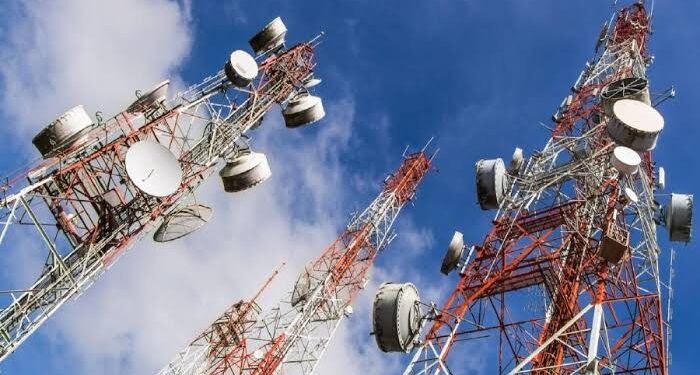Decades ago, the internet was practically unknown to Africa, but today almost all the countries of the continent have internet services.
There has been competition towards the adoption of ICT as a tool for national development and globalization; indicating that the internet today is serving as a primary tool for commerce, business, communications, governance, workforce development, and research among others.
Despite the rush towards ICT adoption by many African countries, many others still rank low.
Nigeria, which has the largest economy in Africa and currently serves as the largest telecom market on the continent and considered to be an oil-rich country with huge potential, still faces many challenges with its internet reach.
As Internet World Stats reports, Nigeria has an internet penetration rate of only 16.1 percent with a huge population of over 200 million people.
So then, attempting to bridge the country’s digital divide will not only enable access to online services, but will also provide opportunities for a digitally driven economy.
But what does the broad internet access look like locally, and what challenges will Nigeria have to overcome?
The State of Nigeria’s Internet Access
DataReportaal reports that between 2020 and 2021, the number of internet users in the country increased by 19 million, which explains the prevalence of smartphones in the country.
Despite the increasing penetration of mobile phones, the country is still in a shaky space of internet connectivity, but in most cases it has opened new doors for entrepreneurship, employment, and maximum investment is drawn towards fintech, e-commerce, edtech, agricultural technology, and healthtech companies amongst many others.
However, the Nigerian internet market is still largely immature. Internet access has been quite a burden lately.
Since Nigeria’s infrastructure was initially planned for 2G and 3G networks, the upgrade to the 4G network ecosystem still falters. Its fiber network is riddled with challenges ranging from sabotage of installation, cable theft, vandalism, disruption caused by road works, the cost of replacing damaged cables and lack of national basic infrastructure, to government regulations.
Lack of power supply, low speed, poverty and high cost of having low quality internet are also some of the major problems hampering internet growth in Nigeria and serving as an ugly trend.
Telecom in Nigeria is a trillion naira industry. In 2017, the sector accounted for 9 percent of our GDP, and there are over 91 million Internet subscribers in the country. However, these numbers tend to devalue as service providers constantly face disruption and outages in their network and internet services.
These epileptic situations are a burden for everyone, especially for ICT professionals who need round the clock connections to operate efficiently. Even in the halls of banks, services are constantly disrupted by the speed of “snail” Internet access in the country. Causing severe inconvenience to both employees and customers at various levels.
Necessities for Better Results?
Digital innovation are fueling the wave of breakthrough and disruptive growth in various ecosystems.
As a result, people from all walks of life such as youths, professionals, career personnel and a host of others benefit from the wealth inherent in the world of ICT.
A lot of Nigerians however, lack affordable, reliable, and high-quality access, which limits their ability to benefit from and contribute to the digital space. So, the need to push forward free internet access, internet availability and internet speed among many other things, is a huge talking point.
With the country’s busy young population accounting for most of its internet traffic, with interests ranging from business to entertainment, it’s no surprise that complaints are constantly being made about poor services.
So, with increasing dependency and shift towards online activity of daily life, having more Nigerians connected to the internet can provide many advantages and opportunities across multiple sectors. The positive impact of the Internet must also be promoted by policy makers.
Telecom companies can also lower the cost of data to further encourage digital participation and invest heavily in escalating last-mile broadband distribution and Internet development.
Despite Nigeria’s massive internet challenges, the nation is following a path of reforms and modernization.
The launch of Google’s Equiano, a state-of-the-art marine internet cable in the country, could also serve as a soundproofing solution and could transform the internet experience in Nigeria for the better. Likewise, push Nigeria forward to enter the next phase of internet revolution.
In terms of connectivity, it is expected that internet speeds will increase, internet retail prices will decrease, and its penetration will double by significant percentage points.
































